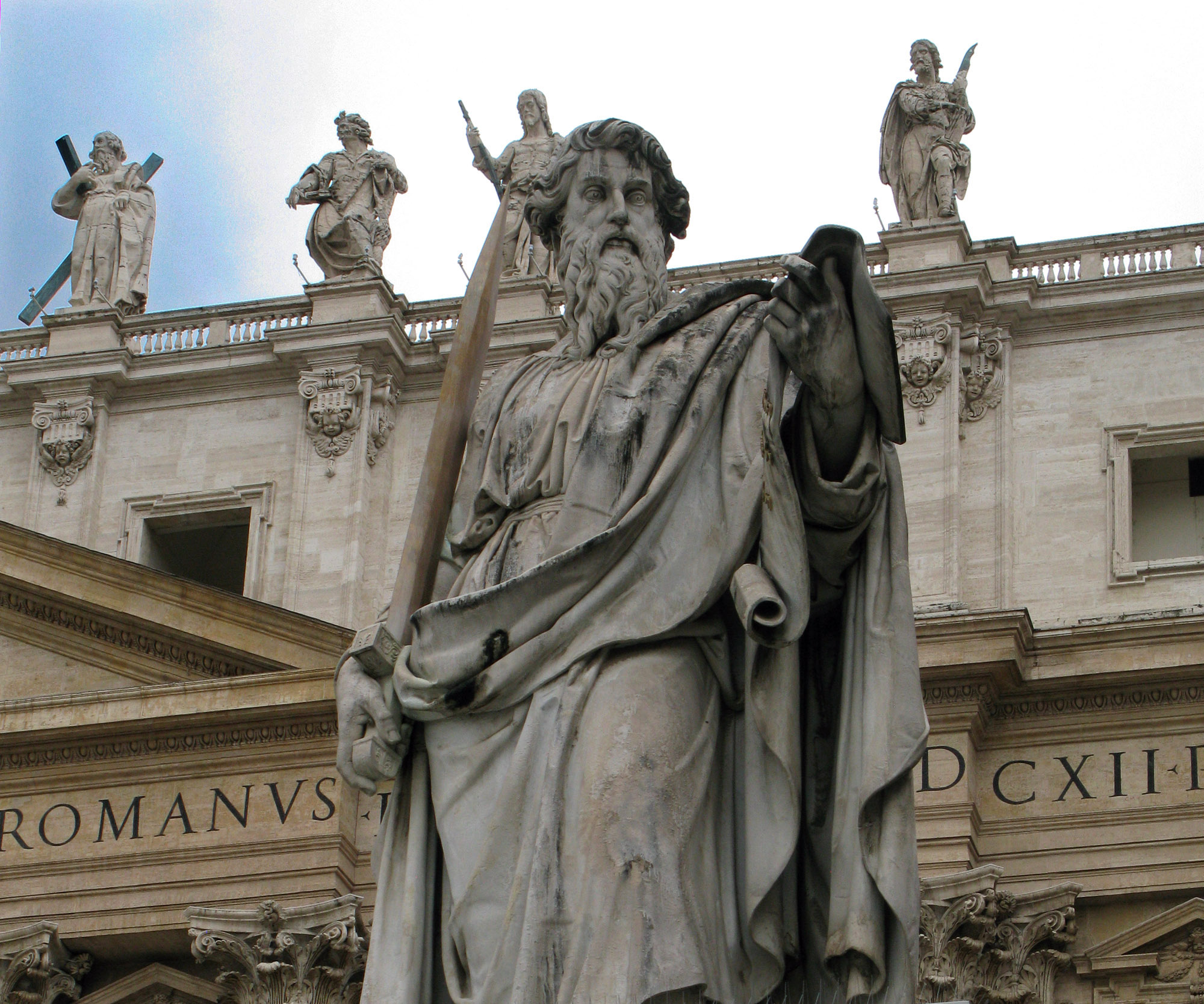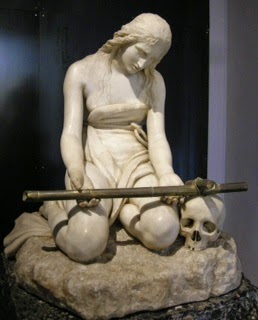Recently, National "Catholic" Reporter (which isn't really Catholic in any meaningful way) featured an article that lamented that the Synod would be run by... gasp!... Catholics who have given their entire lives to studying, teaching, and proclaiming the teaching of the Church in the priesthood:
It is imperative, however, to first understand the culture in which the synod mentality is rooted. As diverse as the issues and personalities involved in meetings of bishops from around the world, a common thread binds all of these gatherings. They have been, without exception, organized by, participated in and interpreted for the world by a tiny representation of humanity, celibate and exclusively male, have been largely dedicated to maintaining the status quo in a very exclusive fraternity. (read the article HERE, or better yet HERE to watch Fr. Z dismantle it, piece by piece).This same fundamental misunderstanding of the mission of the Church, to proclaim the same teachings, the teachings of Jesus Christ, in every age - in season and out (cf. 2 Tim 4:2) lurks behind the head-scracthingly odd "counter-Synod" being held by Dignity USA “to support pro-LGBT faith advocates to influence and counter the narrative of the Catholic Church and its ultra-conservative affiliates.” Dignity USA is upset with the instrumentum laboris (the document which will guide the discussions at the Synod) because it displays "“a rigid adherence to existing teaching” and “shows no openness to change in hurtful teachings.”"
They almost get it don't they? Almost, but not really. Yes, the Church won't, indeed can't, be open to change the teachings given to her by God incarnate, she lacks the authority to. The Church didn't create her teachings, has endured countless persecutions because of those teachings, and cannot ever change any of those teaching. The Church is a messenger, a proclaimer of the deposit of faith with which she has been entrusted. She isn't a think tank. She isn't a debating society. She isn't even a Protestant ecclesial community deciding to ignore this teaching, change that one, reinterpret another one, drop a handful of books from the Bible, etc. No. The Church exists to proclaim the truth handed over to her. Is she "ultra-conservative?" Not really, as political categories can never really capture her spirit and mission, but yes, she does seek to conserve the teaching entrusted to her by Christ. Is she "dedicated to maintaining the status quo" when it comes to those teachings? Ummm... yeah, that's kind of her job. Of course, we can gain a deeper and deeper understanding of those teachings (Newman's "development of doctrine") but the teachings never change. Does that mean she has "a rigid adherence to existing teaching?" Well, I think you can probably answer that for yourself by now.
Perhaps, no one summarizes the anger and frustration of these dissent Catholics (what were once called simply heretics) at realizing the Church isn't a sounding board for the cacophony that passes for modern thought and discussion, than Bill Donahue at the Catholic League,
They thought Pope Francis would usher in their dream—the Protestantization of the Catholic Church—but instead they have come to the conclusion that they will not get their way this fall. But only a baboon would have thought they were going to win in the first place. (source)Maybe it's time for these dissenting Catholics to remember what exactly the Church is here for. The Catechism of the Catholic Church summaries it nicely,
The Church, a communion living in the faith of the apostles which she transmits, is the place where we know the Holy Spirit... (688)It is this, the "faith of the apostles" not the popular opinions of modernity (or any other age) which the Catholic Church is here to transmit. Once we understand that, everything else beings to fall into place.














